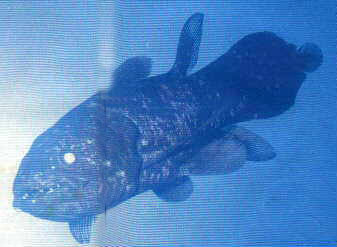Equator Prize 2002 Finalist
Mwali/Mohéli, is home to a rich variety of plant and animal species, including the endangered Dugong, and the Livingstone fruit bat, and its marine environment is a treasure trove of biodiversity. In 1995, ten villages in southern Mohéli began to advocate for the designation of their offshore waters as a marine park to protect this unique natural environment.
In April 2001, 404 square kilometers of the south coast of the island were declared a marine park, the first protected area in Comoros. The Park includes the Nioumachoua Islets, beaches and rocky areas, coral reefs and scattered mangrove stands.
Protection and management of the Park involves the villager associations. Mohéli Marine Park project is proving that a country rich in biodiversity and struggling with poverty can tackle poverty while at the same time promoting environmental sustainability. The Park project offers a range of benefits for fisheries, local economies and the marine environment, such as : safe haven for fish and marine turtles, protection of 45 green turtle breeding beaches, presentation of destructive reef fishing practices, maintenance of biodiversity by protecting the endemic flying fox, and the coelacanth; development of ecotourism and income for local people.
The Park is divided into zones and, in ten of these, it is completely forbidden to extract anything. In the other zones, it was made illegal to poach turtles or birds, destroy coral or introduce any new species. Fishermen from other areas are still allowed to fish in the park provided they respect the regulations.
Mohéli Marine Park is a breeding site for turtles. Four species frequent its shores: the Green turtle, Scaly turtle, Logger-head, and Lute turtle. The Green and Scaly turtles are both endangered species. Danger to nesting turtles comes from human activity (removal of sand for construction), poaching, and capture of turtles for commercial purpose, though prohibited by Comorian law.
Other species unique to Moheli are the Moheli Scops-Owl. The entire population of 400 pairs is restricted to the only 5 % of forest left on the island.
Source: http://www.iucn.org/places/earo/projs/comores.htm
Photo source: http://www.km.undp.org/sdpen.htm


